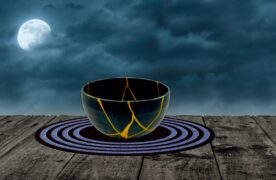Marina is so named because she was born at sea, in an Italian patrol boat surrounded by more than 600 people trying to reach Europe; her mother was one of those migrants.
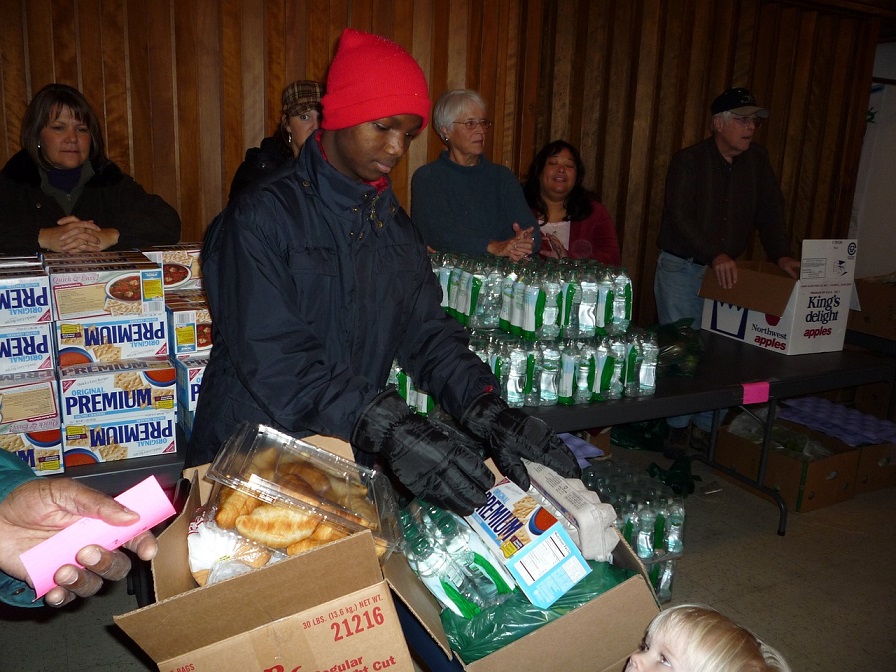 Luisa María González
Luisa María González
The ship Bettica rescued 654 travellers from the Mediterranean Sea in sailing in four boats in very precarious conditions, but it actually reached dry land with 655 as, despite the adverse circumstances of the birth, mother and daughter managed to survive.
This woman is one of the thousands of people who take to the sea on an adventure that could end with their death – as demonstrated by the 10 corpses found in the same rescue operation – however, her case ended with a ray of life. This story is, anyhow, unusual in migration to Europe from Africa and the Middle East, which this year has experienced an exponential rise and has reached 120,000 people arriving in just five months.
Those who abandon their countries and put their lives in the hands of people-smugglers risk, to start with, dying buried in the waters of the Mediterranean, baptised in the last few weeks as a cemetery of migrants.
So they would become just another number in the statistics, along with the approximately two thousand others that have died so far this year, or simply disappeared without a trace, like those that have lost their lives in unknown tragedies.
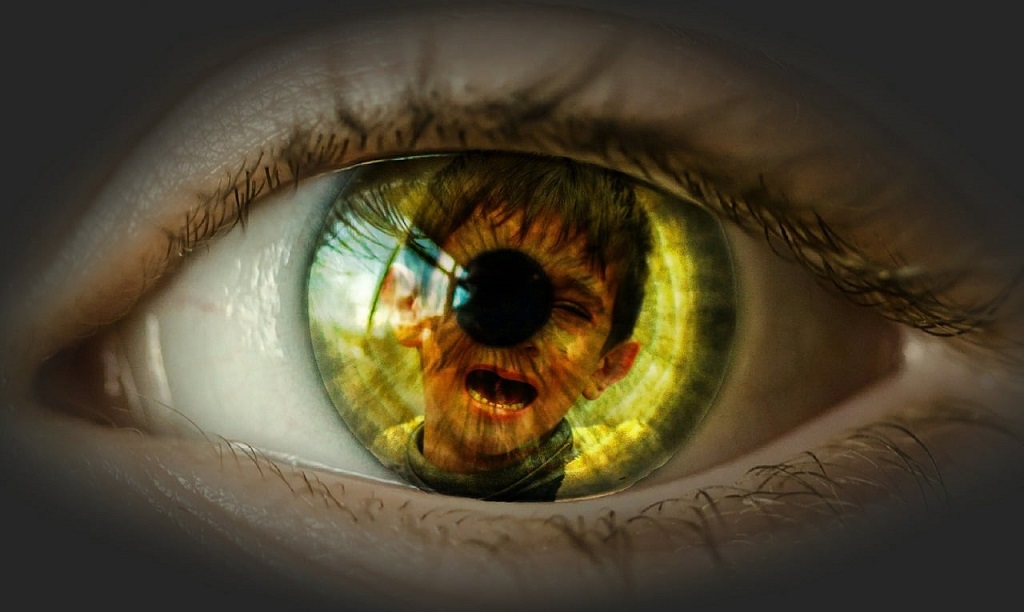 If they survive, their outlook is not very attractive either: being detained in crowded and unsanitary detention centres and completing rigorous legal processes to seek asylum, or risking the dangerous fate of being an illegal immigrant.
If they survive, their outlook is not very attractive either: being detained in crowded and unsanitary detention centres and completing rigorous legal processes to seek asylum, or risking the dangerous fate of being an illegal immigrant.
If they seek asylum, on the horizon there will be months of waiting for an answer that is almost always negative, and leads to a forced return to the place that they do not want to go back to.
The fundamental issue behind this phenomenon is not what migrants are travelling to Europe ‘looking for’ but what they are fleeing from: wars, hunger, extreme poverty.
This is why they take such risks with only the dream of becoming one more of the hundreds in the never-ending queue in a detention centre, of undergoing rigorous medical examinations before being admitted.
So they are seen at the doors of a centre in Lampedusa or Sicily, squeezed next to each other, with the few clothes they brought with them, almost all of them with dark skin and glistening eyes, as if a tear were about to fall.
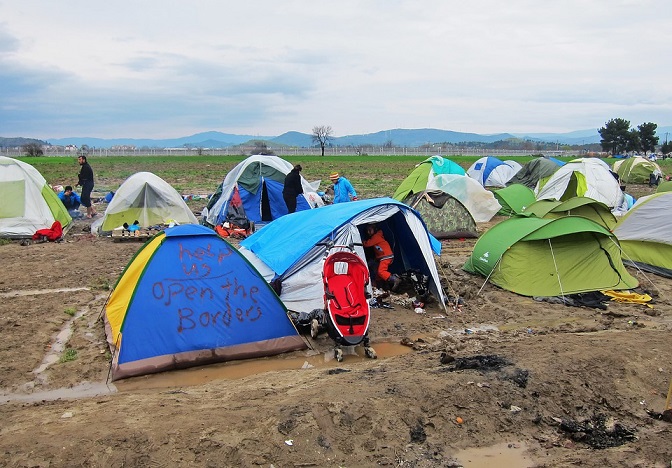 The massive arrival of migrants in Europe sounded alarms in the Old World of a trend that seems set to grow over the next few months, with the improvement of weather conditions following the arrival of summer.
The massive arrival of migrants in Europe sounded alarms in the Old World of a trend that seems set to grow over the next few months, with the improvement of weather conditions following the arrival of summer.
After a shipwreck in April in which 800 people died, a great tragedy of recent times, the European Council decided to strengthen border surveillance, increase their budget and involve vessels from member countries of the EU in the mission.
Although the purpose of this fleet is not to rescue people but to protect the borders – despite the many demands of activists who called for a change in the objective -, the ships are authorised to come to the aid of vessels in trouble.
Another measure to deal with the flow of migrants is the deployment of a naval mission aiming to break up human trafficking mafias. This would include destroying ships used by them and would require authorisation from the UN Security Council.
Both actions have been the target of numerous critics who consider them incapable of solving the humanitarian crisis experienced by the migrants, by the use of forceful measures designed to prevent the arrival of foreigners to the Old World.
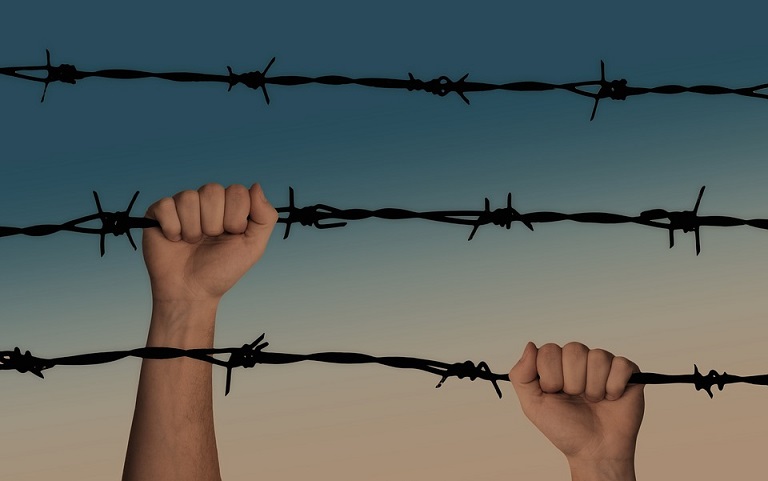 One of the suggested alternatives of dealing with this phenomenon is to expand and make more viable the legal channels of migration, so that less people will feel obligated to choose dangerous and unmonitored routes.
One of the suggested alternatives of dealing with this phenomenon is to expand and make more viable the legal channels of migration, so that less people will feel obligated to choose dangerous and unmonitored routes.
However, the response to this option has been, in many cases, silence, in others doubts, and in many, denial.
The same European Commission presented a proposal to redistribute 40,000 refugees amongst the EU countries, which was met by a wave of rejection by several heads of state and governments. Nations like the United Kingdom and Hungary declare themselves openly opposed to receiving refugees, an attitude shared by others and reflected in the fact that only five countries, of the 28 in the EU, receive 75 per cent of asylum seekers.
(Translated by Donna Davison – Email: donna_davison@hotmail.com) – Photos: Pixabay












.jpg)



